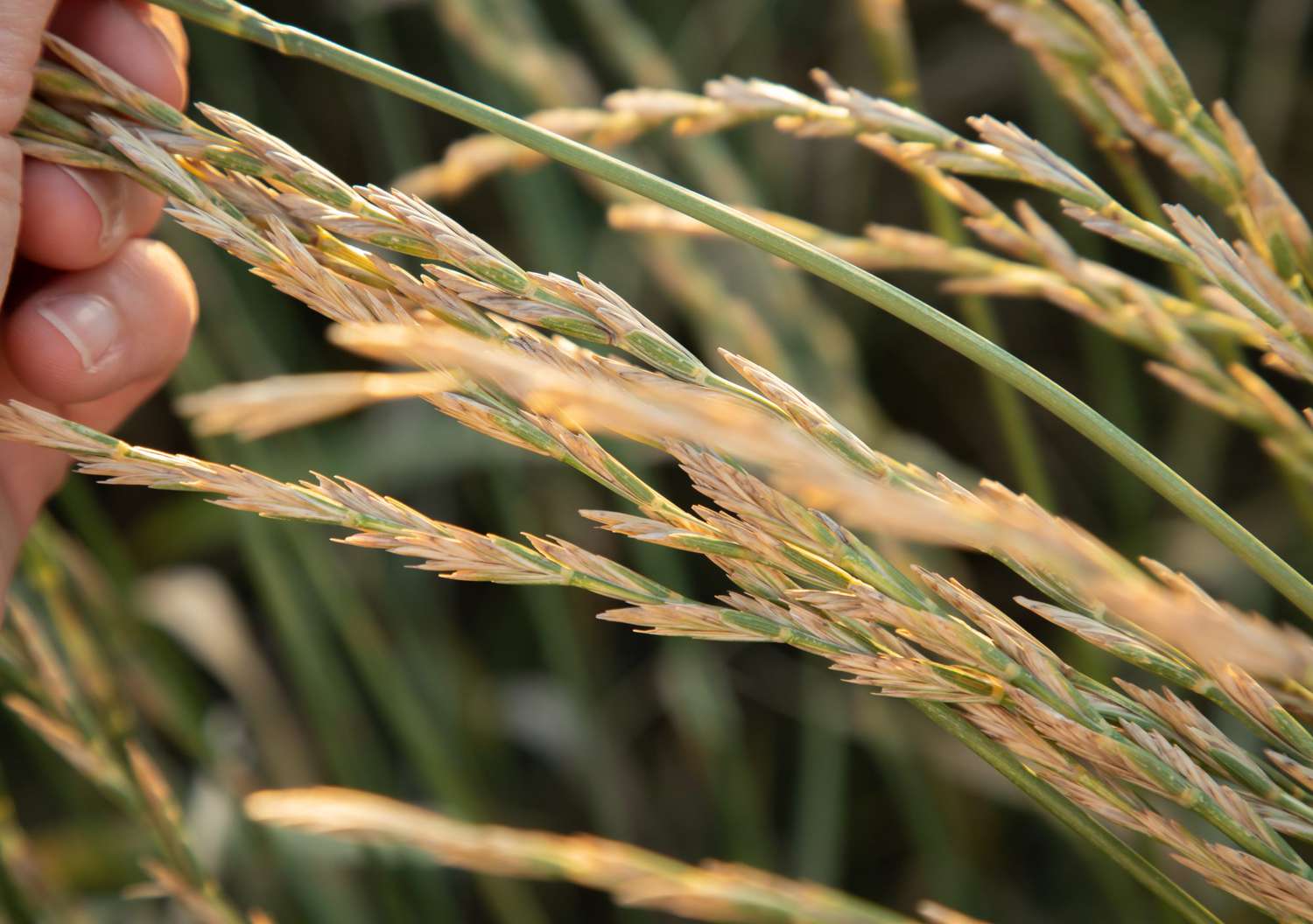Heritage food, colonialism, climate change and food security

I was listening to the "How I built this" podcast this week. Pierre Thiam, the founder of Yolélé, was interviewed. Pierre, orginally from Senegal, has been pushing the adoption of fonio (an ancient grain from West Africa).
In West Africa fonio was a staple. It's easy to plant and grow (so much so that it was called the "the lazy farmer's crop"), is drought tolerant (climate change), is highly nutritious (good for people), and quick to cook (energy saving).
All in all, it's a wonder grain.
But. Like me, you've probably never heard of it.
Why?
Because, when the French colonised Senegal, they wanted to eat baguettes. And baguettes are baked with wheat. So now, many decades later, Senegal imports wheat (it doesn't grow very well there).
As in many colonised countries, the colonists changed the food system and local indigenous crops were pushed out. Today's food system is essentially a mono-culture. The food crisis created by Russia's war on Ukraine demonstrates the world's (and mostly African) dependance on an efficient food exporting system.
Yes, climate change is impacting on food production. But this food crisis is also a consequence of a monolithic food system. This graph shows the top 10 global share of wheat exports (note, these are not the top 10 producers: China and India represent 45% of producton but this is used internally):

Russian and the Ukraine deliver 21% of the world's wheat. And, now with this Russian war, we have an African food crisis.
And a fertiliser shortage.
"Combined, Russia and Belarus had provided about 40% of the world’s exports of potash..." (Source)
So what's the point? In a global mono-agricultural system — where heritage indigenous grains and production methods have been usurped — we have global food insecurity.
Now that we are living in the climate crisis the time is right for heritage grains and food to become the solution again. Traditional grains and solutions are no longer the food of the "old country folk". Now they will help feed the world.
